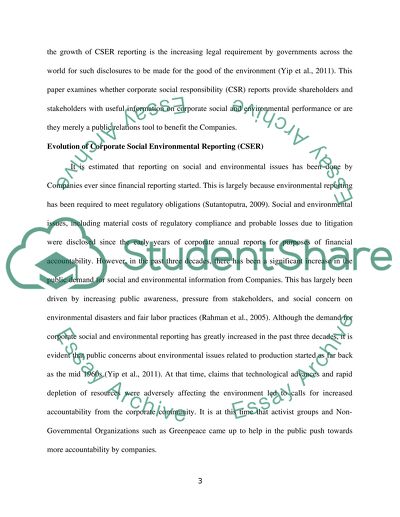Cite this document
(“Corporate social responsibility reporting Essay”, n.d.)
Retrieved from https://studentshare.org/finance-accounting/1488288-accouting-theory
Retrieved from https://studentshare.org/finance-accounting/1488288-accouting-theory
(Corporate Social Responsibility Reporting Essay)
https://studentshare.org/finance-accounting/1488288-accouting-theory.
https://studentshare.org/finance-accounting/1488288-accouting-theory.
“Corporate Social Responsibility Reporting Essay”, n.d. https://studentshare.org/finance-accounting/1488288-accouting-theory.


